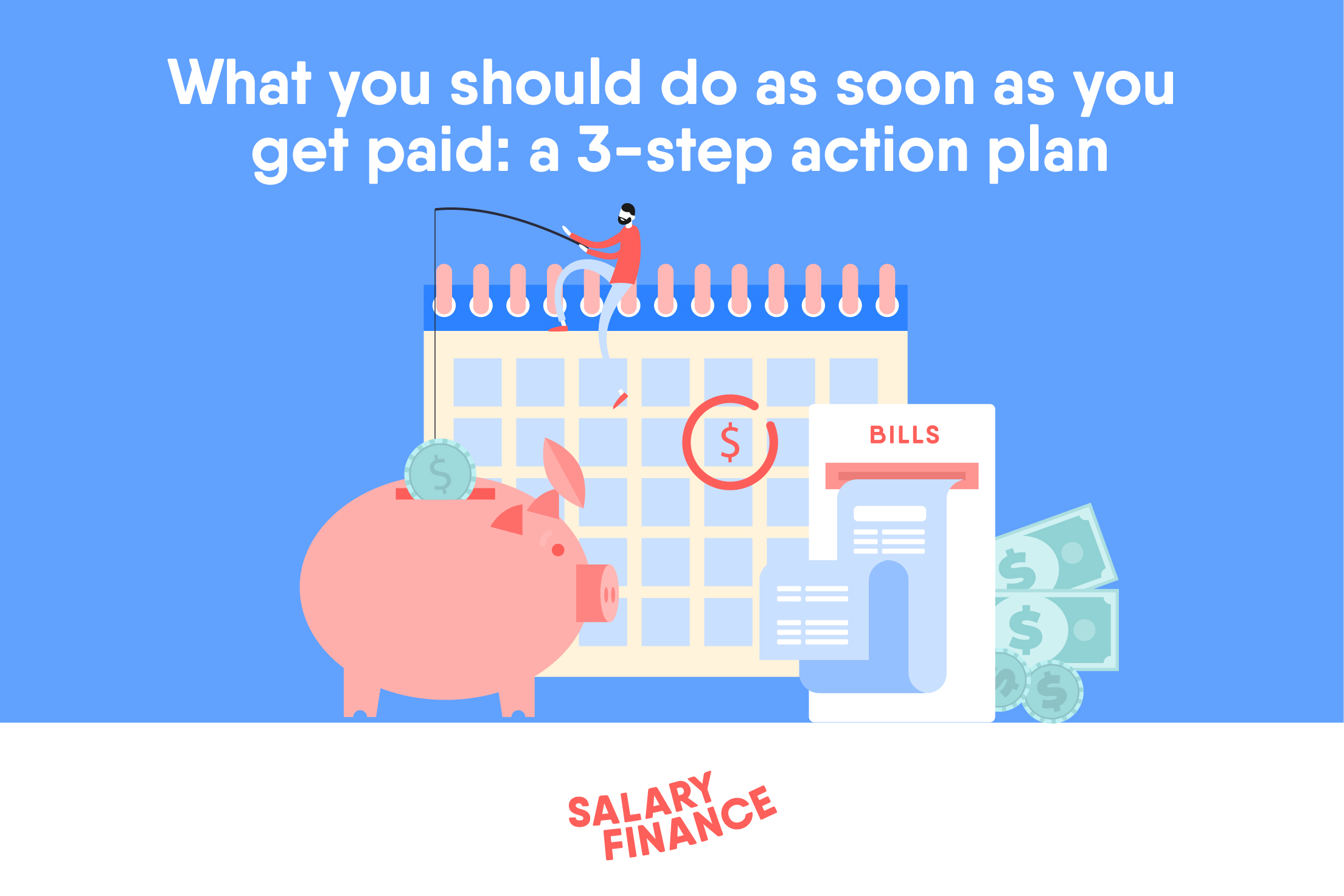
Do you ever feel like all your money disappears right after payday, and you have no idea where it went? You've paid the mortgage and the monthly childcare fees, treated yourself to some self-care indulgences, maybe dinner out with friends, and bam, suddenly, it's all gone.
When you're not in control of your money, it becomes hard to build up any kind of savings buffer. And, without this to fall back on, you’re depriving yourself of a financial safety net and the ability to afford the things you want in future or cover unexpected expenses that might crop up.
To take back control, you need a strategy that you stick to every single time your paycheck hits your account. It might take a little bit of an attitude adjustment, but it will be worth it in the long run.
Most people spend their money on bills, then fun, with savings last in the pecking order (if they have anything left over at all), but we suggest you do something radical -- and pay yourself first.
Step 1: Pay yourself (with savings)
First, draw up a budget to work out what your money needs to do each month. Give every dollar a job and decide on an amount to put into savings every payday. This is where you may need to shift your mindset from what you were doing before.
Start thinking of your savings account as another essential bill to be paid – it's non-negotiable, and always comes before any frivolous spending.
Set up an automatic transfer for a fixed amount to go into a high-interest savings account on the day you get paid. If your income varies a lot, then you may prefer to save a percentage rather than a set amount.
Step 2: Pay your bills
Next, factor in your essential bills, like rent and utilities, and pay these immediately as well. Don’t forget about annual expenses to include such as holiday spending or vacation – divide the total for these by 12 and set aside enough each month so that you're ready when the time comes to pay for them.
Step 3: Have some fun
Now your savings and bills are covered, whatever is left is your disposable income, your 'fun money'.
If there isn't much, have a look at how you can cut back in other areas to free up more cash. Could you switch any of your utilities to a cheaper provider? Cut the cable cord? Buy generic-brand groceries to cut your food bill?
Even if you start small and just set aside a little money every payday, you’re forming a valuable habit. You might find after a while you don't really miss this cash, and you can increase what you put away.
Each time you get a raise or save money elsewhere in your budget, you can boost your savings a little and, before you know it, you'll have built a sizable amount.






